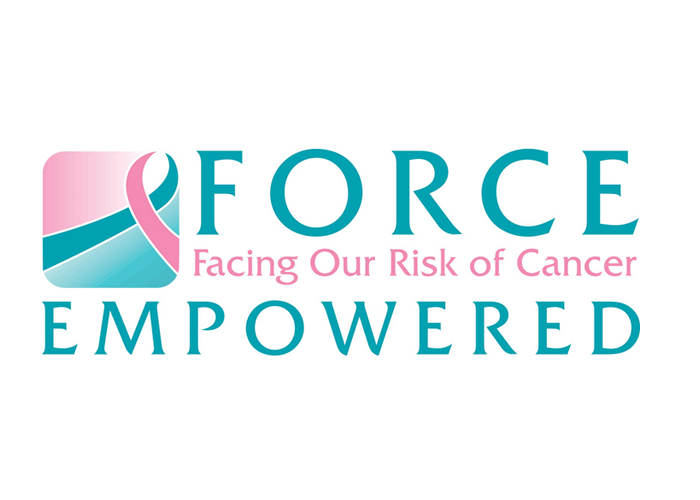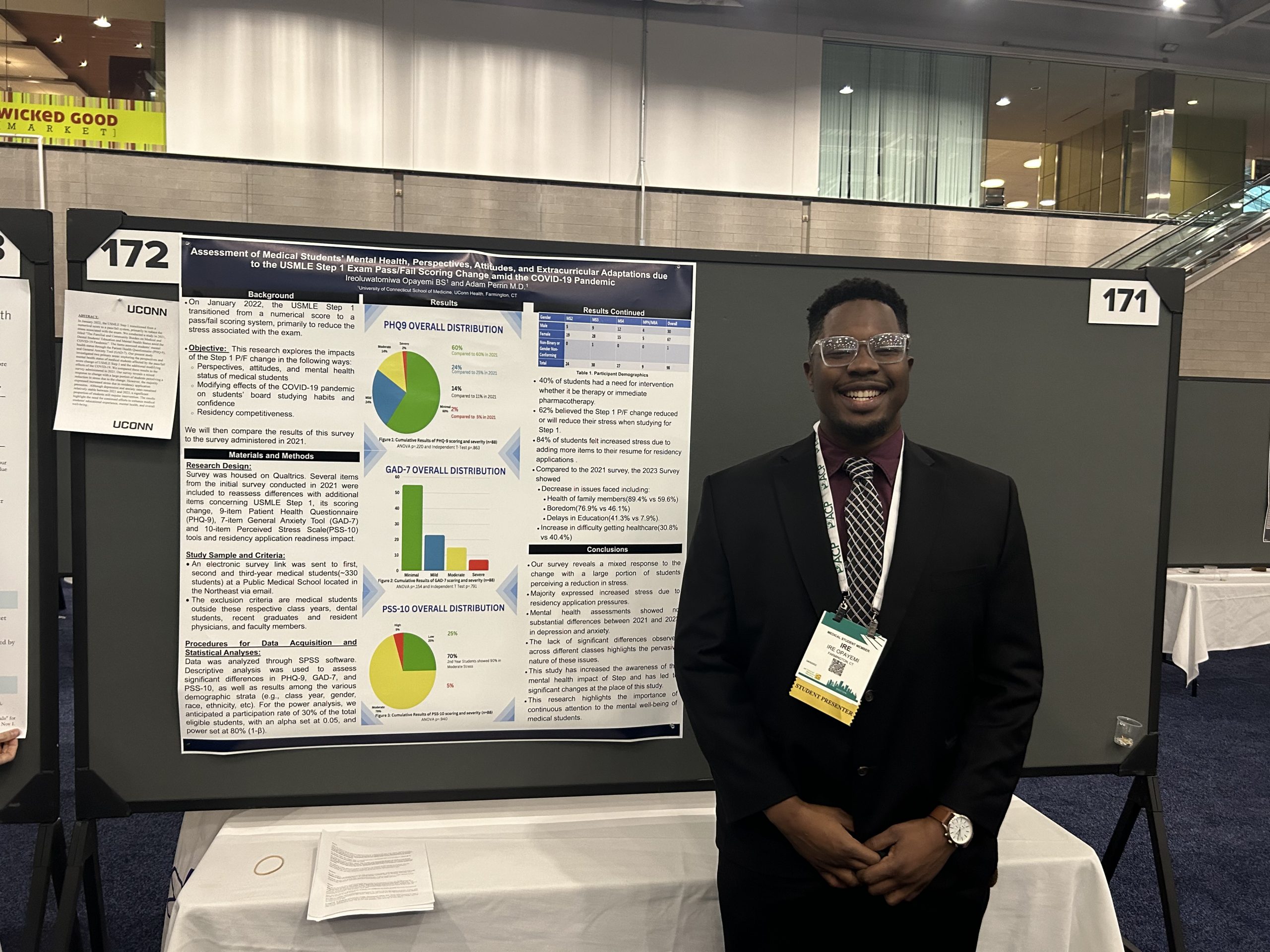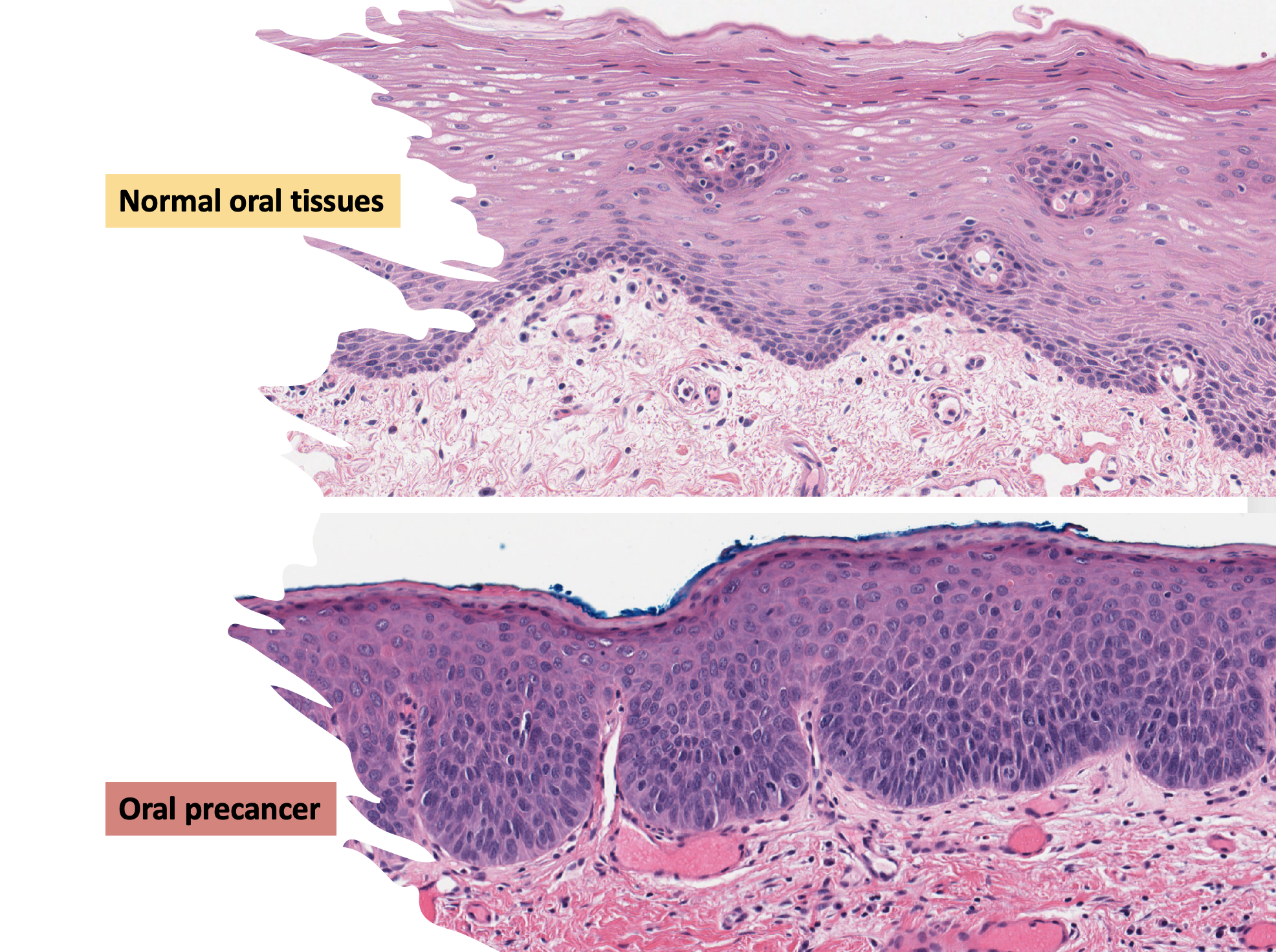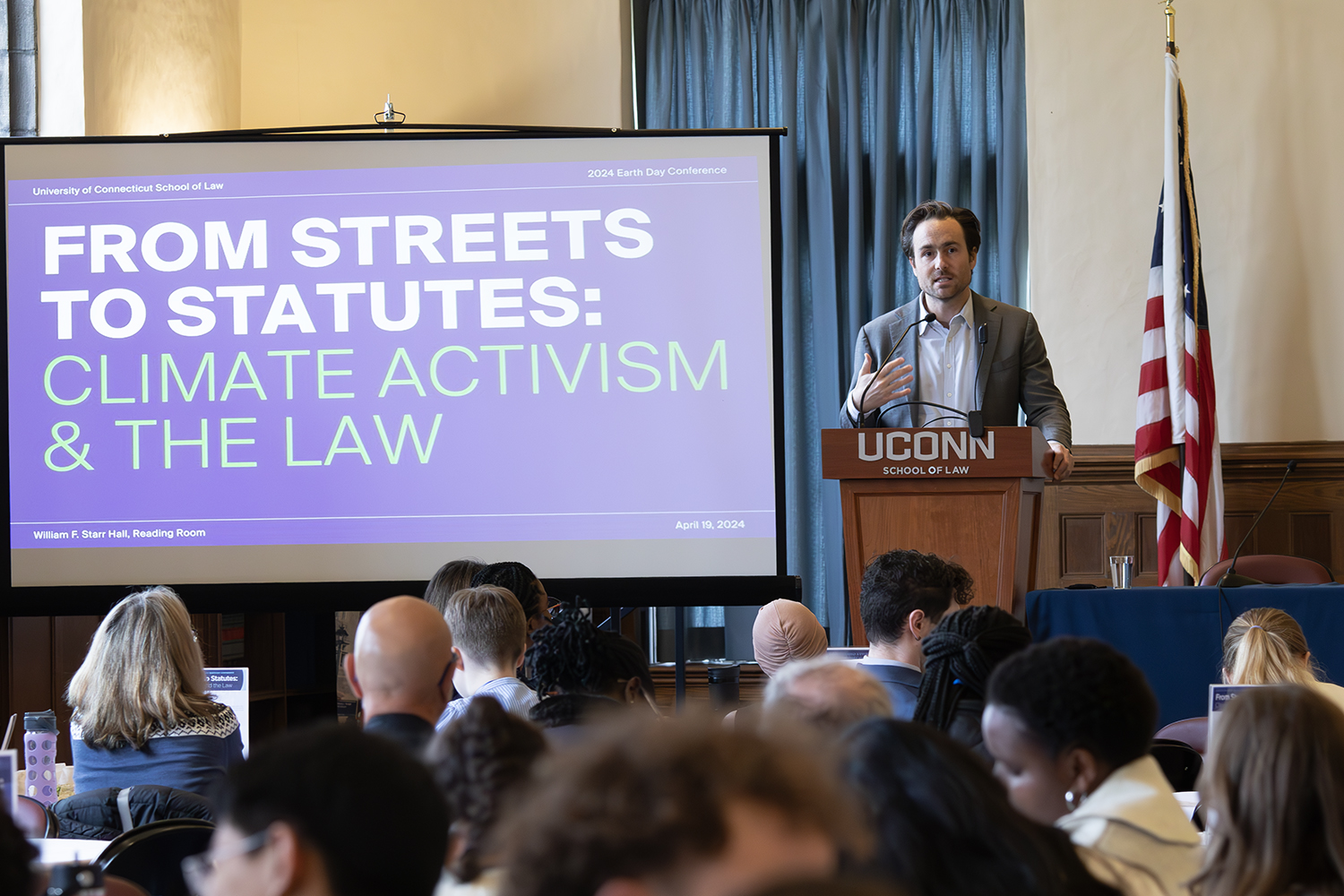Genetic counselors say family history is a key element in cancer prevention and treatment. Uncovering a mutation in the genes known as BRCA1 and BRCA2 can help predict risk of certain cancers.
“Although most breast and ovarian cancers are sporadic, some families have more than their fair share of breast and ovarian cancer,” says board-certified genetic counselor Robin Schwartz, assistant professor in genetics and developmental biology and pediatrics at the UConn Health Center. “Individuals who have personal or family history of early-onset breast cancer or ovarian cancer at any age may be at higher risk for hereditary breast or ovarian cancer.”
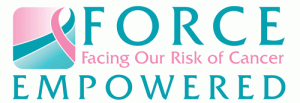 Genetic counselors can help assess risk and guide patients through the genetic testing process. A panel of them, including Schwartz and Jennifer Stroop, also from the UConn Health Center, as well as other counselors in the community and patients, will be part of a free presentation on hereditary breast and ovarian cancer at the Low Learning Center Tuesday, Oct. 4, from 7 to 9:30 p.m. The program is offered by the Health Center and FORCE, or “Facing Our Risk of Cancer Empowered,” a national nonprofit devoted to hereditary breast and ovarian cancer, in partnership with Hartford Hospital, The Hospital of Central Connecticut, and Saint Francis Hospital and Medical Center.
Genetic counselors can help assess risk and guide patients through the genetic testing process. A panel of them, including Schwartz and Jennifer Stroop, also from the UConn Health Center, as well as other counselors in the community and patients, will be part of a free presentation on hereditary breast and ovarian cancer at the Low Learning Center Tuesday, Oct. 4, from 7 to 9:30 p.m. The program is offered by the Health Center and FORCE, or “Facing Our Risk of Cancer Empowered,” a national nonprofit devoted to hereditary breast and ovarian cancer, in partnership with Hartford Hospital, The Hospital of Central Connecticut, and Saint Francis Hospital and Medical Center.
“While many factors affect a person’s risk, knowing your family history can help empower you to work with your health care providers in developing a personal cancer prevention plan,” Schwartz says. “If you believe breast or ovarian cancer runs in your family, you may want to contact a board-certified genetic counselor to discuss your concerns. And in the immediate short term, come to the program.”
The program will feature a screening of “In the Family,” a documentary about families undergoing genetic testing, their subsequent decisions, and the impact on their lives. Those interested in attending are asked to register by calling 800-535-6232.
The Low Learning Center is on the ground floor of the UConn Health Center’s main building.
Follow the UConn Health Center on Facebook, Twitter and YouTube.
